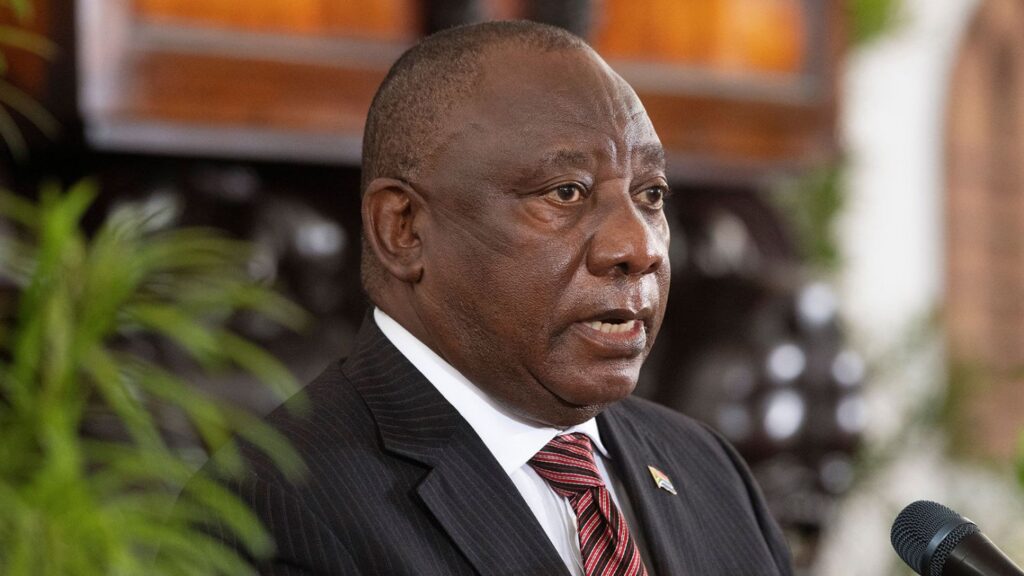The African National Congress (ANC), has been the ruling party for the past 30 years after the country was liberated from apartheid with their first president being Nelson Mandela.
At the end of May, about 27 million South Africans exercised their civil rights and cast their votes to form a new government. This time round, the ANC garnered 40% of votes failing to attain majority for the first time in 30 years. This called for meetings among the ANC and its rival parties to discuss the possibility of a coalition government.
The rival parties, uMkhonto weSizwe(MK) and the Economic Freedom Fighters(EFF) , whose current leaders were previously affiliated with ANC, refused any talks with Ramaphosa. MK’s one condition for entering a coalition was the resignation of Ramaphosa which ANC rejected.

On the 14th of June, the Democratic Alliance(DA), which came in second with 22% of the votes, reached an agreement to form a coalition with ANC. This decision has raised many concerns among the black population in South Africa in fear of the apartheid era repeating itself. Critics say that DA will only be there to boost the economic welfare of the whites instead of helping everyone in the country. However, DA leader, John Steenhuisen, vows to rescue South Africa.
Cyril Ramaphosa was sworn in as president for his second term on the 19th of June at the Union Buildings where South African dignitaries and heads of state were invited. This commemorates an important moment in South African history as it is the first time a coalition government, a Government of National Unity(GNU), is ruling South Africa.
MK’s leader, former president Jacob Zuma, did not attend the inauguration and has since then joined a counter-coalition of opposition parties to oppose policies that will be implemented that he thinks will not benefit the people. President Ramaphosa is yet to select his cabinet and set out the policies that will hopefully save the country’s economy.
This ANC – DA agreement is likely to be welcomed by the business sector who think it will bring about economic stability in the country. Both parties have agreed on a common agenda in which they are looking to create more jobs, provide basic necessities such as water and electricity and improve the country’s infrastructure.
It is our hope that this newly formed partnership will be to the benefit of the citizens of South Africa and that a change will be seen.

